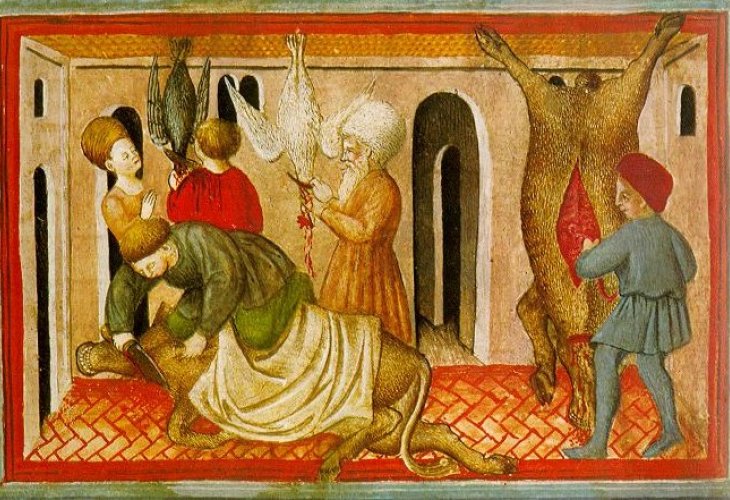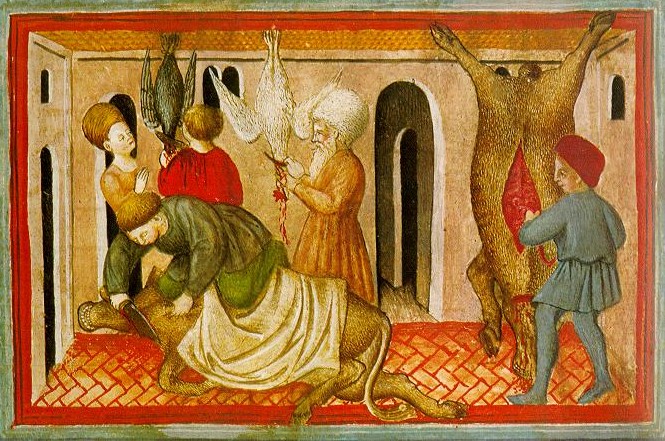Jewish Law
Is Kosher Slaughter Humane? The Science and Compassion Behind Jewish Shechita
Learn the Torah’s ethical foundations, the precise anatomy of kosher species, and why science confirms that shechita is one of the most humane methods in the world

A common question that arises time and again is whether the Jewish method of ritual slaughter (shechita) is truly humane and considerate of animal welfare.
Not only is the Torah deeply concerned with preventing animal suffering, but shechita is in fact the only known method that ensures the animal feels no pain and dies instantly.
How Does Shechita Work?
Jewish law requires that slaughter be performed with an exceptionally sharp knife, making one swift, smooth cut across the animal’s throat. The incision is so quick and clean that the animal does not feel it at all — just as a person sometimes doesn’t immediately feel a razor-sharp cut until seeing blood. Within two seconds, the animal loses consciousness completely, ensuring it feels no pain and dies instantly.
The convulsions or muscle movements seen after slaughter are not signs of awareness or pain — they are involuntary reflexes of the nervous system that occur even after death.
A Unique Anatomical Design
Remarkably, this method works painlessly only in animals permitted by the Torah for consumption. In animals such as horses or camels — which are not kosher, the neck’s anatomy does not allow such an immediate loss of consciousness.
In kosher species, the carotid artery is severed instantly during the cut, causing a sudden drop in blood pressure and immediate loss of consciousness. The entire process takes less than half a second — by the time pain could occur, the animal is already unconscious.

The Scientific Objection — and the Surprising Answer
Animal welfare groups once objected, claiming that because shechita forbids complete decapitation, a secondary artery — the vertebral artery, might continue sending blood to the brain for several minutes, allegedly prolonging consciousness.
However, anatomical studies revealed a stunning fact: this is true for most mammals, but not for kosher, cud-chewing animals. In these animals, the vertebral artery bends near the brain and joins the main artery that is severed during shechita. Therefore, blood flow to the brain stops immediately upon cutting, and the animal loses consciousness at once, without pain.
The Jewish method of shechita is not only rooted in divine compassion but also anatomically and physiologically precise. It represents one of the most humane and instantaneous slaughtering methods known in the world.

